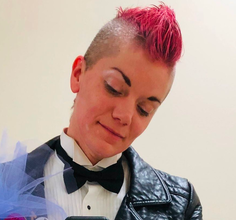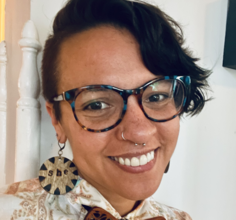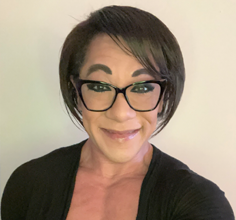With the use of mental health services increasing each year, we see more people working to reclaim and rewrite the relationships they have with various factors in their lives. At some point, this task becomes almost second nature, but for those just starting with little idea of where to begin, the possibility of rewriting their life narrative can feel very daunting. But, I am here to say, you are not alone in your feelings, and believe it or not, you began writing your book of life the day you were born, now you just have to decide what the events of each chapter mean.
Like any work of art, much of its beauty comes from the intention behind it. Many artists create new pieces to develop and serve different parts of their identity. You might see a painter create a canvas to record a deeply emotional event in their life or a singer make an album to express the love they have for someone. Your life story can do the same for you.
Regardless of your age, you have probably experienced a least a handful of events that could be labeled life-changing. It was recorded in your book of life, but I wonder, what did that event mean for you? How were your identities impacted by this event? These are some of the questions you will find many people who actively write their life stories ask themselves. But again, they have had more practice with this concept and might find it easier to curate each event. However, you are at the start of your journey (and symbolically just bought the red pen to begin rewriting previous chapters) and may be asking, how you are meant to know the right guiding questions.
I will acknowledge that it can be tough at first, especially when you realize the authentic meaning of certain events goes against what you were taught growing up. However, the cool thing about writing your own story is that you can make it whatever you like. While you will want to change some parts, you may decide to leave others as is and instead alter the way you view and allow them to impact you. It is all up to you. But it may help to have some guidance, thus, here are three things to consider while writing your own life story:
1.) Many things are social constructs and free to change. Although you have been taught to believe some things are meant to stay the way they are, ask yourself what would happen if you decided to go against that tradition to make your life more authentic to you.
2.) Just because it is true for others does not mean it has to be for you as well. This is definitely easier-said-than-done but similar to the first tip, ask yourself why you would want to maintain what others are doing and what would it mean for you to have a different truth from them. Lastly, how would accepting that alternative truth impact your overall life story?
3.) You are not the events that happen to you but you can use those events to influence how you write the next chapters of your life. Many people are so used to internalizing certain life events that starting to externalize them as not parts of them can be difficult. But, as with the prior points, this one is important because it reminds you that you have the freedom to change unfavorable elements in your life.
These three ideas are only the tip of the iceberg but, hopefully, they motivate you to actively write your story and help guide that work.
























